
5 Groups of People Who Should Not Eat Bean Sprouts to Avoid Harming Themselves
Bean sprouts, particularly those from mung beans, are a popular ingredient in many cuisines around the world. Known for their crisp texture and nutritional value, they are often added to salads, sandwiches, stir-fries, and soups. However, despite their health benefits, bean sprouts may not be suitable for everyone. For certain individuals, consuming bean sprouts could lead to health risks. Here are five groups of people who should avoid eating bean sprouts to prevent potential harm.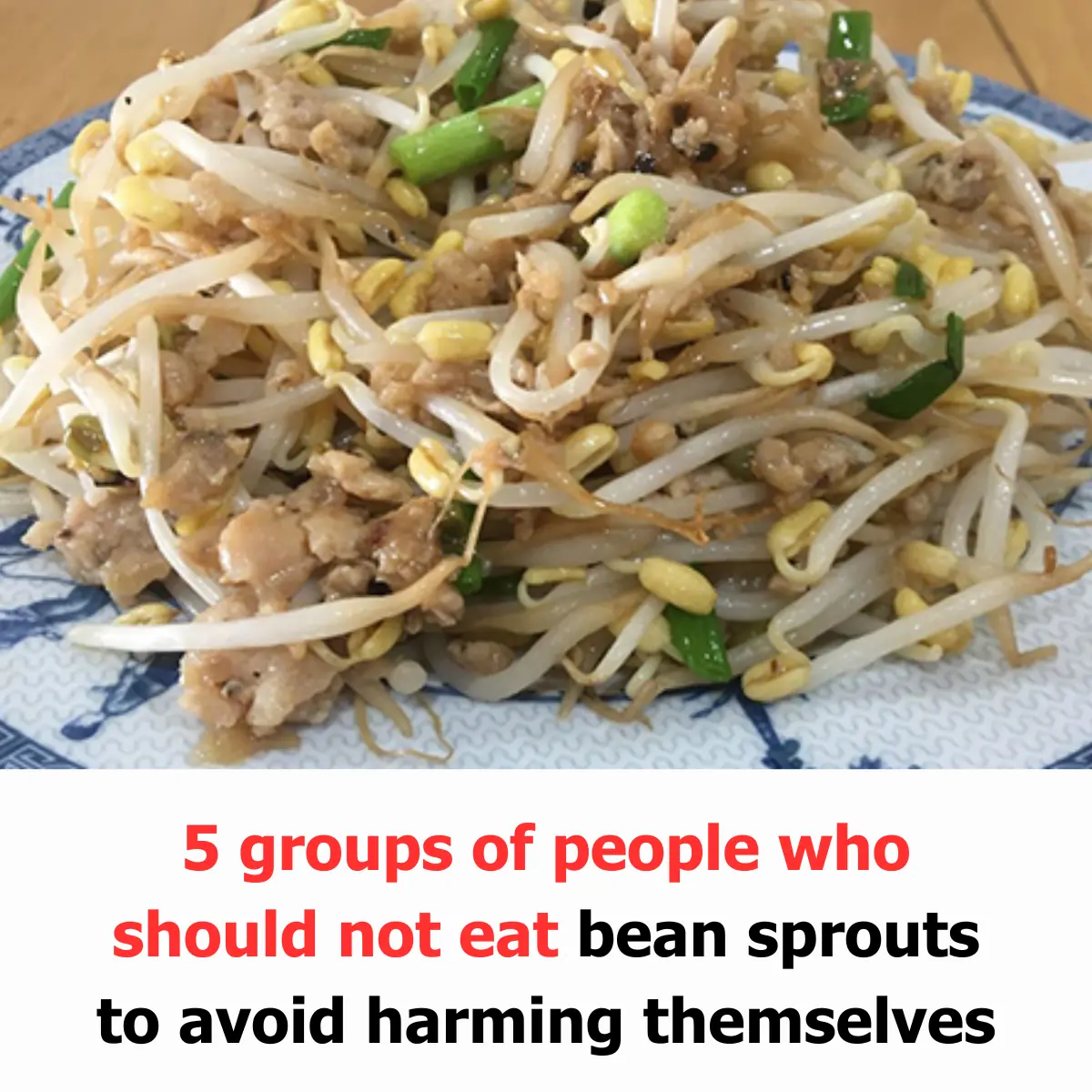
1. Pregnant Women
Pregnant women need to be especially cautious about the foods they consume due to the risks of foodborne illnesses that could harm both the mother and the developing baby. Bean sprouts, like other raw or undercooked vegetables, are often associated with bacterial contamination, particularly Salmonella and E. coli. These bacteria can cause severe food poisoning, leading to symptoms such as nausea, vomiting, diarrhea, and abdominal pain. During pregnancy, these symptoms can be more dangerous and may lead to dehydration or complications. Therefore, it is advisable for pregnant women to avoid raw bean sprouts and ensure that any sprouts consumed are thoroughly cooked to kill any harmful bacteria.
2. People with Weakened Immune Systems
Individuals with weakened immune systems, including those with chronic conditions such as HIV/AIDS, cancer, diabetes, or autoimmune diseases, should also avoid raw bean sprouts. Their bodies are less capable of fighting off infections, making them more vulnerable to foodborne pathogens. Since bean sprouts are often grown in warm, humid conditions that are conducive to bacterial growth, raw sprouts can carry harmful microbes that could lead to serious infections. If you fall into this category, it's essential to avoid eating raw sprouts and opt for thoroughly cooked versions to reduce the risk of illness.
3. Young Children
Young children, especially those under the age of 5, are more susceptible to foodborne illnesses due to their developing immune systems. Their bodies are less equipped to handle infections from harmful bacteria, making it important for parents and caregivers to avoid feeding them raw bean sprouts. Even though children generally have stronger immune systems than infants, they are still more likely to suffer from dehydration and complications resulting from food poisoning. To protect their health, it's best to serve cooked bean sprouts rather than raw ones.
4. Older Adults
As people age, their immune systems naturally weaken, making them more susceptible to infections and illnesses. Older adults, particularly those over the age of 65, are at a higher risk of developing foodborne illnesses from consuming raw or undercooked foods, including bean sprouts. Bacteria such as Salmonella and E. coli can have more severe effects on older individuals, leading to complications such as severe dehydration, kidney failure, or hospitalization. For this reason, it's important for elderly individuals to avoid raw bean sprouts and ensure that any sprouts they eat are properly cooked to eliminate the risk of bacterial infection.
5. Individuals with Digestive Disorders
People with digestive disorders, such as irritable bowel syndrome (IBS), Crohn's disease, or ulcerative colitis, may find that consuming raw bean sprouts exacerbates their symptoms. Bean sprouts are high in fiber, and while fiber is generally beneficial for digestion, it can be harsh on individuals with sensitive stomachs or digestive conditions. Eating raw sprouts can cause bloating, gas, and discomfort, and in some cases, can lead to flare-ups of underlying digestive issues. For individuals with these conditions, it's recommended to avoid raw bean sprouts and opt for thoroughly cooked versions that are easier on the digestive system.
Conclusion
While bean sprouts are a nutritious and tasty addition to many dishes, certain groups of people should exercise caution when consuming them. Pregnant women, individuals with weakened immune systems, young children, older adults, and those with digestive disorders should avoid eating raw bean sprouts due to the potential risks of foodborne illnesses or digestive discomfort. If you belong to any of these groups, it's important to either cook the sprouts thoroughly or choose alternative foods to ensure your safety and well-being. By taking these precautions, you can continue to enjoy the benefits of bean sprouts without putting your health at risk.
News in the same category


3 sprouting foods with remarkable health benefits

10 Stroke Warning Signs You May Notice 1 Month Before It Happens

8 Early Warning Signs Of Ovarian Cancer You Shouldn’t Ignore
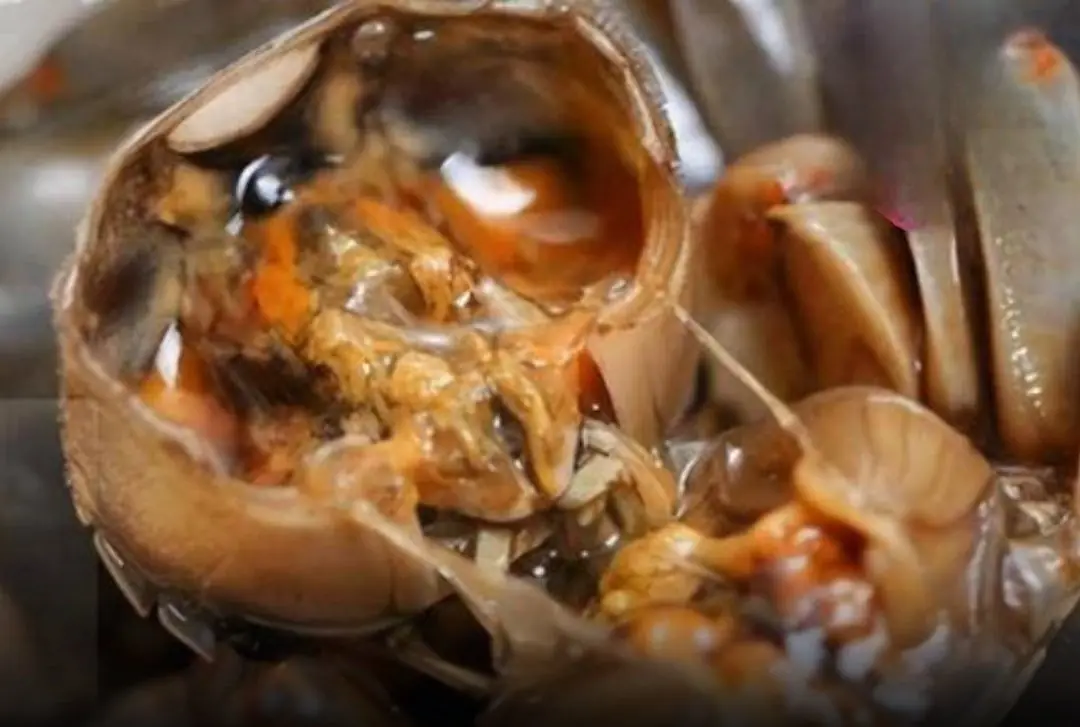
These 4 Foods Are Full of Parasites

Doctors Warn About 3 Foods That Harm the Kidneys When Consumed in Excess

Neck pain, woman shocked to see something sticking out

Drink these 3 types of tea in the evening to improve sleep quality and support belly-fat reduction

Avoid ginger if you have these 5 health problems..
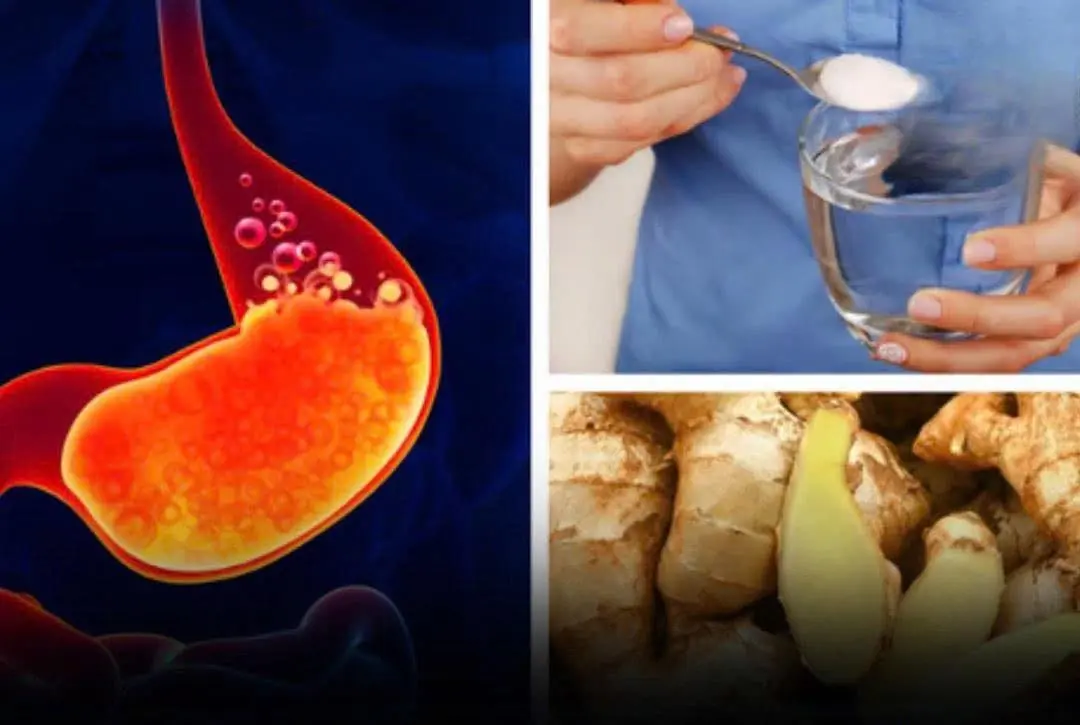
Say goodbye to heartburn — this drink helps soothe acid reflux fast

Why Are Can:cer Cases Increasing? Warning: 6 Vegetables That Naturally Contain To.xins
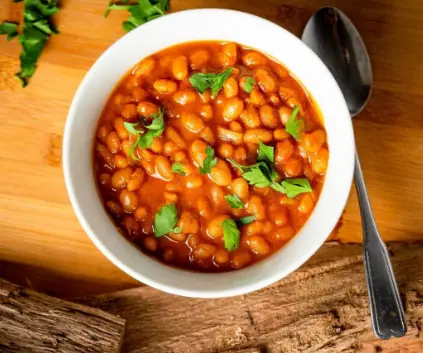
The Vegetable That Helps Reduce Sugar in The Body. It is Diabetes’ Strong Opponent

5 Foods You Should Never Keep Overnight

This one common morning habit could wreck your sleep—experts say skip it.

Important News for Everyone Who Loves a Daytime Nap

Kidney dis.ease cases linked to bottled water are rising every year! Doctors warn to avoid these 4 drinks at all costs

If your legs feel heavy, your feet stay cold, or your veins show more than you'd like, these 6 tips may help

Early Signs of Kidney Disease & How to Protect Your Kidneys (Evidence Based)

Eating Just One Bite is Already Harmful, But Many Still Eat It Without Worry
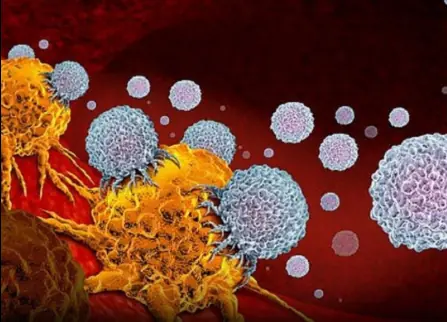
Itching in 9 Areas: A Warning Sign of Malignant Tumors, Number 7 Is the Most Common
News Post

Oranges Are in Season, but Doctors Warn: Never Eat Oranges With These Three Types of Foods

Stroke Actually Sends Warning Signals Up to 90 Days in Advance — Sadly, Few People Notice in Time to Prevent It

3 sprouting foods with remarkable health benefits

Put an empty plastic bottle in the washing machine — the person who invented this hack must have sky-high IQ

10 Stroke Warning Signs You May Notice 1 Month Before It Happens

8 Early Warning Signs Of Ovarian Cancer You Shouldn’t Ignore

These 4 Foods Are Full of Parasites

Doctors Warn About 3 Foods That Harm the Kidneys When Consumed in Excess

Neck pain, woman shocked to see something sticking out

Drink these 3 types of tea in the evening to improve sleep quality and support belly-fat reduction

Avoid ginger if you have these 5 health problems..

Say goodbye to heartburn — this drink helps soothe acid reflux fast

Why Are Can:cer Cases Increasing? Warning: 6 Vegetables That Naturally Contain To.xins

The Vegetable That Helps Reduce Sugar in The Body. It is Diabetes’ Strong Opponent

This Surprising Hack Could Save You Thousands

5 Foods You Should Never Keep Overnight

This one common morning habit could wreck your sleep—experts say skip it.

Important News for Everyone Who Loves a Daytime Nap

Kidney dis.ease cases linked to bottled water are rising every year! Doctors warn to avoid these 4 drinks at all costs
